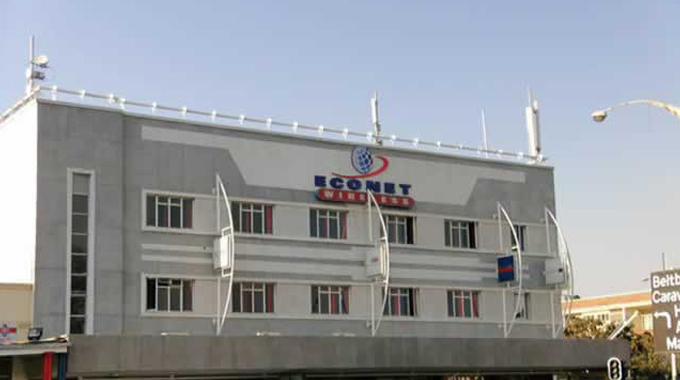Employers, employees headache as salaries, wages get eroded

Davies Ndumiso Sibanda, Labour Matters
SALARIES and wages are giving both employers and employees headaches as they battle with inflation trying to keep businesses afloat and at the same time giving workers a living wage.
Most employers concede that they are not paying their workers a living wage.
They say they would like to increase salaries and wages for all their employees but the limiting factor is that their businesses have no capacity to do that.
We have started seeing some employees abandoning formal employment and joining the informal market where there are better opportunities.
For example, a look at Leopold Takawira Avenue from Egodini to Joshua Mqabuko Nkomo Street in Bulawayo and the area around Roadport up to Holiday Inn in Harare, one sees numbers of people who are engaged in the new illegal business of exchanging money.
What is happening is beginning to dwarf National Employment Councils where most wage negotiations take place.
Workers are beginning to lose confidence in NECs and trade unions’ ability to negotiate any meaningful wage increase.
Even in cases where NECs have agreed on meaningful wage increases for the year those increases become worthless in a few months if not in a few weeks.
Many employers have no control of prices and have to track inflation on an hourly basis if they are to keep businesses afloat and as such it remains difficult to raise enough money to pass on to workers’ wages.
Many workers are now depressed as they can see they are staring possible loss of jobs in the eyes. Managerial employees have not been spared by the challenge.
Many have children who go to schools whose fees they can no longer afford and are busy moving to cheaper schools or looking for alternatives to raise the money.
In worse cases schools now demand payment in US dollars, which employees do not earn and have no capacity to raise from the black market as it is not available from banks.
Medical aid and funeral assurance companies continue to raise the RTGS dollar payment rate and some have dollarised thus going beyond the reach of many workers.
Medicines are now beyond the reach of many employees as a simple cough mixture cost plus or minus RTGS$100, which is a third of an employee’s salary and almost the entire salary of a farm worker who earns a minimum of RTGS$135.
On the home front, this has not been easy for the workers, as prices of basic commodities has risen steeply.
Eating any type of meat is now a luxury and vegetables are also expensive, mealie-meal is unaffordable for many, flour and bread have become a luxury.
With all these challenges and many others not mentioned in this article, there is no doubt that these matters are beyond the ability of individual employers or NECs to handle, they now need to be dealt with at national level where government, employers and labour can put their heads together to deal with economic fundamentals so as to get the economy back on track.
While getting back to the tripartite negotiating forum (TNF) is a noble option, the challenge is that with a period of over 20 years of disengagement between the Government and labour it could take a while before parties build trust and get TNF to work.
I believe what we need now is for government, employers and labour to immediately put their egos aside for the sake of our national survival and come up with urgent short-term measures to stabilise the economy so that employees see value in working and start to earn a living wage again.
Any short-term measure that continues to drain wages in not helpful.
– Davies Ndumiso Sibanda can be contacted on: Email: [email protected].












Comments